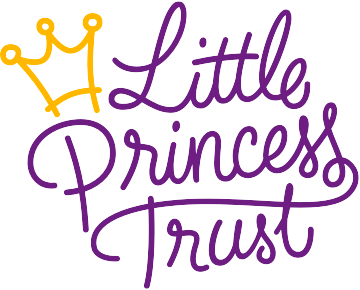Little Princess Trust News
Understanding what makes young people with sarcomas different

Project highlights the need for alternative treatments for young adults
As April's Teenage and Young Adult Cancer Awareness Month comes to an end, we wanted to remind everyone of our work for those aged between 18 and 24.
Because as well as providing wigs to anyone who has lost their hair from cancer treatment up to the age of 24, The Little Princess Trust also funds research into all types of children’s and young people’s cancer.
Teenage and young adult cancer particularly is less researched than cancer in other ages.
Soft tissue sarcoma is a type of cancer that grows in soft bits of the body, like muscles and fat. It also affects all ages from under 10 to over 70. However, you can’t just give all of these ages the same treatment.
The cancer can also be slightly different in different age groups, due to different genetic errors.
This means that some treatments might be less effective for some patients. Despite this, teenagers and young adults with sarcoma are normally given adults' or children's treatments.
This is because researchers don’t know enough about young people’s sarcoma, so don't know how best to treat them.

Last year we funded research to change this, led by Dr Paul Huang at the Institute of Cancer Research in London. Paul is looking at the differences between young people’s tumours and older adults’ tumours.
He will be looking at the proteins in cancer cells from young people and from adults to see what is different.
These proteins are tiny molecules found in and on cancer cells. They are really important because proteins are what make cells work. They help cells communicate, absorb nutrients, and control how fast cells grow.
Proteins that are different between ages could change the way the cancer behaves. For example, proteins could be part of making it grow faster or resist certain treatments.
This project is really exciting because it offers real benefits for young patients.
Paul hopes that understanding these differences could help doctors predict the best treatments for their patients.
He also wants to see if there are any proteins that are important for cancer cell survival. These could then be attacked with new targeted treatments.

Paul also plans to test lots of different medicines on teenage and young adult’s cancer cells grown in the lab.
He wants to identify medicines that be effective for young patients, as well as provide some of the evidence needed for potential treatments to be researched further.
This project is really exciting because it offers real benefits for young patients.
Paul's work holds the promise of more tailored treatments and new targeted treatments that are safer and more effective.



